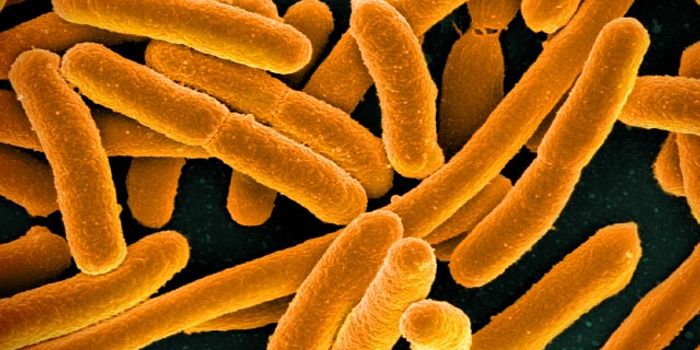Scientists Find Several Links Between Gene Variants & Cholesterol
Heart disease is still the number one cause of death among adults worldwide. High cholesterol levels are one contributor to heart disease. Researchers have now developed a method that can analyze a person’s genetic data to determine who is at risk of high levels of ‘bad’ cholesterol (or low-density lipoprotein (LDL)). This tool has the potential to help clinicians identify people who are most likely to develop heart disease, and those individuals could take steps to prevent that serious illness. This work has been reported in Science.
"Even with normal LDL levels, a person might be at an elevated risk of a heart attack due to disease-causing variants in the LDL receptor," said senior study author Frederick Roth, Ph.D., professor and chair of computational and systems biology at the University of Pittsburgh. "By identifying damaging LDL receptor variants, clinicians can initiate preventive treatment early on and mitigate risks."
While LDL is a crucial part of cell membranes, if levels are too high it can cause problems. And there are genetic variants that can cause abnormally high LDL levels. In this study, the researchers classified the impacts of over 17,000 variations in the LDL receptor gene. Now, clinicians can determine a person’s risk of dangerously high cholesterol by assessing that gene's sequence in a patient and calculating how the variants in the sequence impact health.
In an unrelated report published in Genome Medicine, researchers showed that some genetic variants don’t behave in quite the way they are expected to; this research focused on genes that can have opposing effects on body mass index (BMI) and lipids. While certain genetic variants can increase the likelihood that a carrier could be obese, some of these same variants can lower a carrier's risk of high cholesterol levels.
“Most of the variants act in the way that we expect, increasing both body mass and cholesterol, but there are some subsets that don't operate that way. These exceptions are very interesting, and we need to understand them better,” noted Kari North, PhD, director of the Border Health Research Center and professor at UTHealth Houston School of Public Health.
So, not every obese individual has high cholesterol levels. This research analyzed genetic variants in the UK Biobank and found certain variants that can protect against dangerous cholesterol levels, even in obese individuals.These variants can help scientists understand how heart disease develops, and enables clinicians to predict who is, or is not at risk.
Sources: Science, Genome Medicine, University of Pittsburgh, University of Texas Health Science Center at Houston


![WGS for rare disease diagnosis [eBook]](https://d3bkbkx82g74b8.cloudfront.net/eyJidWNrZXQiOiJsYWJyb290cy1pbWFnZXMiLCJrZXkiOiJjb250ZW50X2FydGljbGVfcHJvZmlsZV9pbWFnZV84MmRlM2UyYjA5M2Q3ZTYwOTI3Zjc1YTRjOWU2N2RmMjkzMThjMTJkXzI1MDcucG5nIiwiZWRpdHMiOnsidG9Gb3JtYXQiOiJqcGciLCJyZXNpemUiOnsid2lkdGgiOjcwMCwiaGVpZ2h0IjozNTAsImZpdCI6ImNvdmVyIiwicG9zaXRpb24iOiJjZW50ZXIiLCJiYWNrZ3JvdW5kIjoiI2ZmZiJ9LCJmbGF0dGVuIjp7ImJhY2tncm91bmQiOiIjZmZmIn19fQ==)






